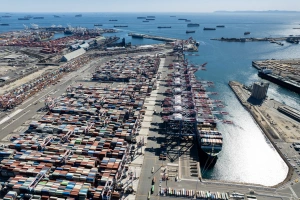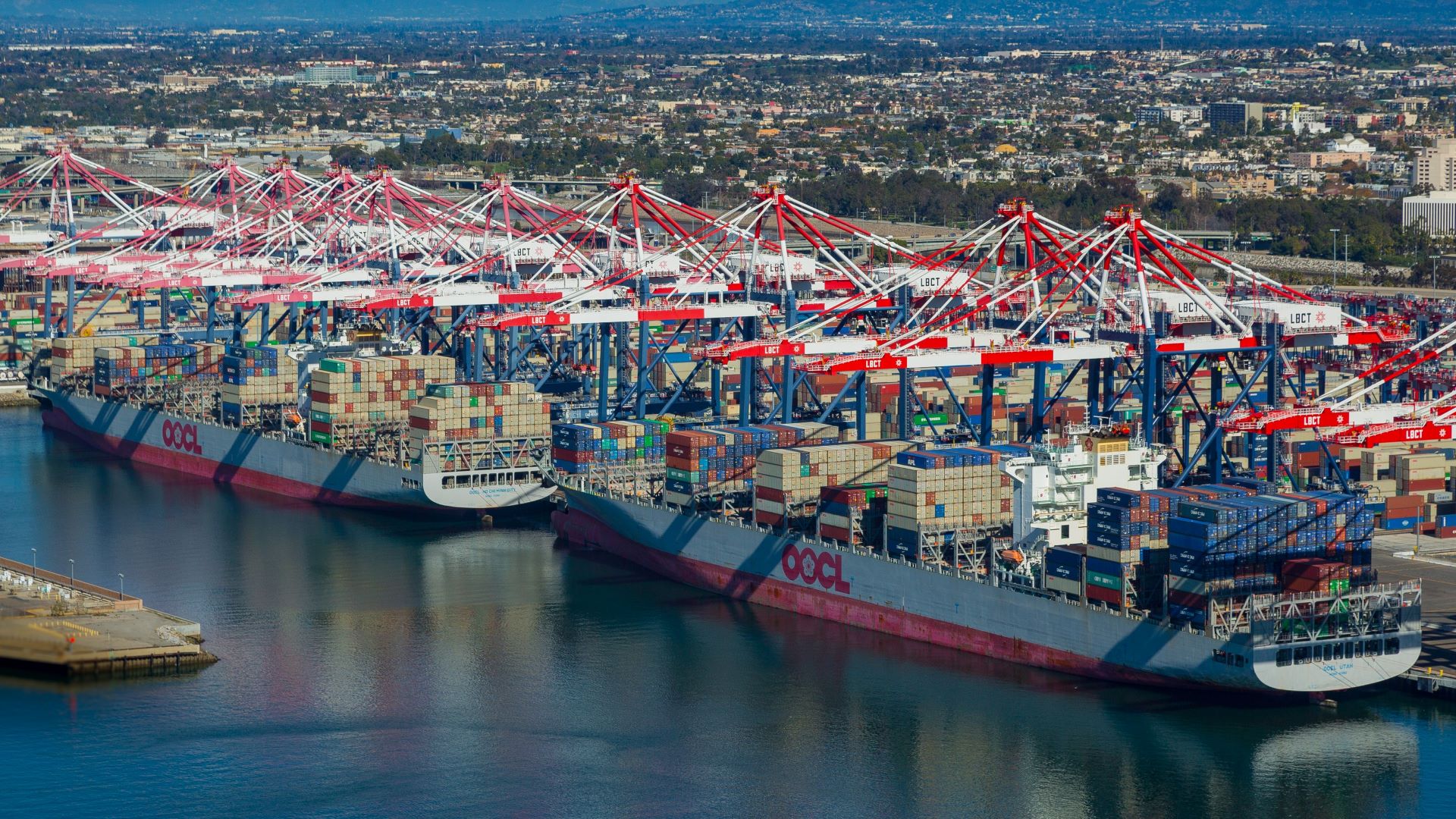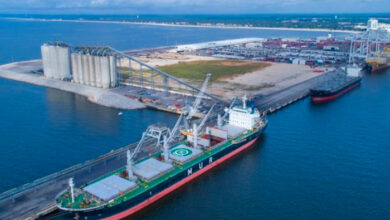Port of Long Beach and the Port of Los Angeles postpone decision on ‘Container Dwell Fee’ until Dec. 27

Further consideration of the “Container Dwell Fee” will be postponed until Dec. 27, the Port of Long Beach and the Port of Los Angeles announced today.
Since the fee was announced on Oct. 25, the twin ports have seen a combined decline of 46% in aging cargo on the docks. The executive directors of both ports will reassess fee implementation after monitoring data over the next week.
 Under the temporary policy approved Oct. 29 by the Harbor Commissions of both ports, ocean carriers can be charged for each import container that falls into one of two categories: In the case of containers scheduled to move by truck, ocean carriers could be charged for every container dwelling nine days or more. For containers moving by rail, ocean carriers could be charged if a container has dwelled for six days or more. Currently, no date has been set to start the count with respect to container dwell time.
Under the temporary policy approved Oct. 29 by the Harbor Commissions of both ports, ocean carriers can be charged for each import container that falls into one of two categories: In the case of containers scheduled to move by truck, ocean carriers could be charged for every container dwelling nine days or more. For containers moving by rail, ocean carriers could be charged if a container has dwelled for six days or more. Currently, no date has been set to start the count with respect to container dwell time.
The ports plan to charge ocean carriers in these two categories $100 per container, increasing in $100 increments per container per day until the container leaves the terminal.
Before the pandemic-induced import surge began in mid-2020, on average, containers for local delivery remained on container terminals under four days, while containers destined for trains dwelled less than two days.
Any fees collected from dwelling cargo will be reinvested for programs designed to enhance efficiency, accelerate cargo velocity and address congestion impacts.

The policy was developed in coordination with the Biden-Harris Supply Chain Disruptions Task Force, the U.S. Department of Transportation, and multiple supply chain stakeholders.
The Port of Long Beach is one of the world’s premier seaports, a gateway for trans-Pacific trade, and a trailblazer in goods movement and environmental stewardship. As the second-busiest container seaport in the United States, the Port handles trade valued at more than $200 billion annually and supports 2.6 million trade-related jobs across the nation, including 575,000 in Southern California.













